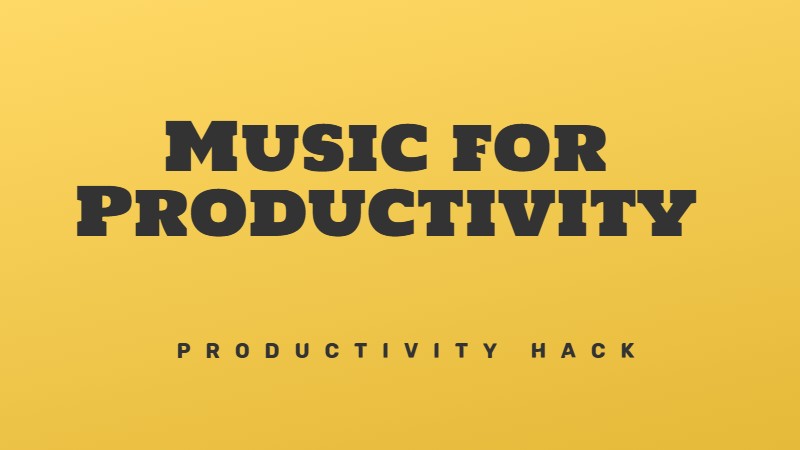In most families, the go-to question for parents is, “What did you learn at school today?”
The Blakelys, however, had a different approach to dinnertime discussions. Instead of focusing on achievements, Sarah’s father would pose the question:
¿En qué has fallado hoy?
As a child, Sarah sometimes struggled to come up with an answer. Wasn’t she supposed to avoid failure at all costs? But her dad gently persisted, reframing failure not as something to be ashamed of but something to be celebrated.
Sarah’s dad applauded failures and asked his kids to learn from them. In his eyes, the biggest failure was “not trying” and avoiding challenges altogether.
Esas primeras lecciones permanecieron con Sarah mientras creaba Spanx and built a billion-dollar business from scratch. When manufacturers scoffed at her footless pantyhose idea, Sarah didn’t crumple. In Sarah’s mind, failure isn’t the end of the story. It’s just another stepping stone for new insights and progress.
El poder de una mentalidad de crecimiento
La forma en que percibes los retos, respondes a los contratiempos y enfocas el aprendizaje influye directamente en tu éxito personal y profesional. Creer que tú, sí tú, tú mismo, sólo tú, sí tú, puedes desarrollar capacidades y habilidades con trabajo duro y dedicación se conoce como tener una mentalidad de crecimiento.
La ciencia detrás de la mentalidad de crecimiento
El trabajo pionero del psicólogo Dra. Carol Dweck revolucionó nuestra comprensión de los logros y el éxito. Su investigación sobre teorías implícitas de la inteligencia sentó las bases del concepto de mentalidad de crecimiento. Los estudios han demostrado sistemáticamente que las personas con una mentalidad de crecimiento aceptan los retos, aprenden de las críticas y persisten a pesar de los contratiempos. Ingredientes clave para el éxito.
Estudios de investigación
Numerosos estudios de investigación han explorado el impacto de las mentalidades en el aprendizaje y el rendimiento. Estos estudios demuestran colectivamente que:
Mentalidad fija frente a mentalidad de crecimiento
A fixed mindset assumes that intelligence and talent are static traits. People with this perspective often avoid challenges, view effort as fruitless, and feel threatened by others’ success. In contrast, a growth mindset thrives on challenge and sees failure as an opportunity to stretch existing abilities. Shifting from a fixed to a growth mindset opens up a world of possibilities.
Ejemplos de mentalidad fija frente a mentalidad de crecimiento
Estrategias para cultivar una mentalidad de crecimiento
Numerosos estudios han demostrado el impacto de la mentalidad en los resultados del aprendizaje. Los estudiantes con una mentalidad de crecimiento superan sistemáticamente a sus homólogos con una mentalidad fija. Aceptan los retos, persisten ante los obstáculos y ven el esfuerzo y los fracasos como el camino hacia la maestría. Esta resistencia se traduce en un mayor rendimiento académico y en un amor por el aprendizaje que se extiende más allá del aula.
Mentalidad de crecimiento en la empresa
Companies like Microsoft and Google have embraced growth mindset principles to foster innovation and employee development. Jeff Bezos, founder of Amazon, is another example. He built a business empire on the idea of constant learning and experimentation. He is famous for saying, “Our success at Amazon is a function of how many experiments we do per year, per month, per week, per day.” This is a growth mindset in its purest form. He is not afraid to fail. He sees failure as a learning opportunity.
Las personas de éxito en diversos campos, desde deportistas a empresarios, encarnan la tenacidad y resistencia de una mentalidad de crecimiento. Ven los retos como oportunidades. Aprenden de sus errores. Siguen creciendo.
Conclusión
You might think talent is destiny. You are either born gifted, or you aren’t. You may believe intelligence, creativity, and skill are fixed traits wired into your genes, immutable and predetermined.
Pues piénsalo otra vez. Estas creencias son un límite autoimpuesto a tu potencial. Te impiden probar, crecer y superar obstáculos. Cuando empiezas a desafiar estas creencias, surgen nuevas posibilidades.
When you adopt a growth mindset, you recognize that talent and ability are not fixed but can be cultivated through effort and practice. Challenges become chances to learn and improve rather than threats to your identity. Setbacks shift from permanent roadblocks into valuable lessons. Next time you think, “I’m just not gifted enough,” remember: your potential is not predetermined.
“Not trying” is the only failure. “Not yet” is the right mindset. You’ll get there. Of course, you will!




Deja tu opinión sobre esto